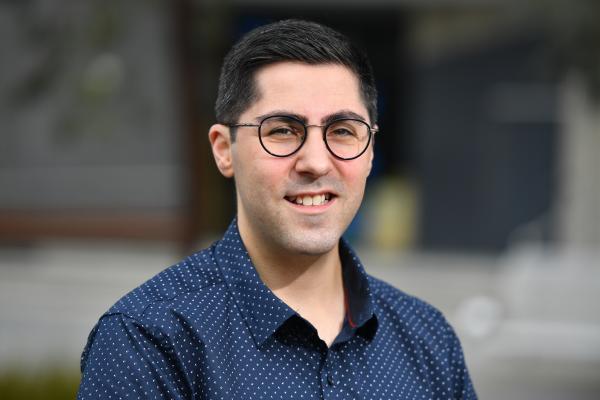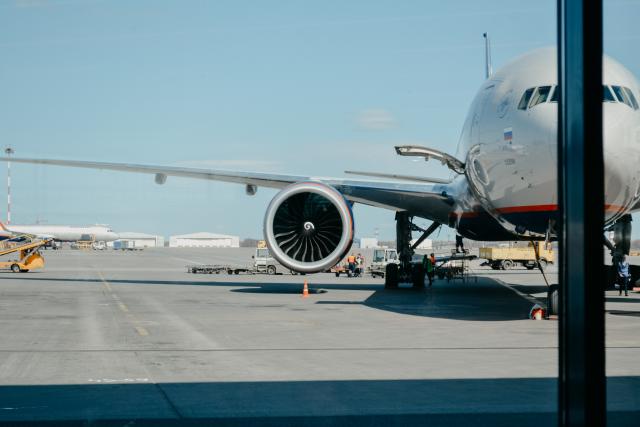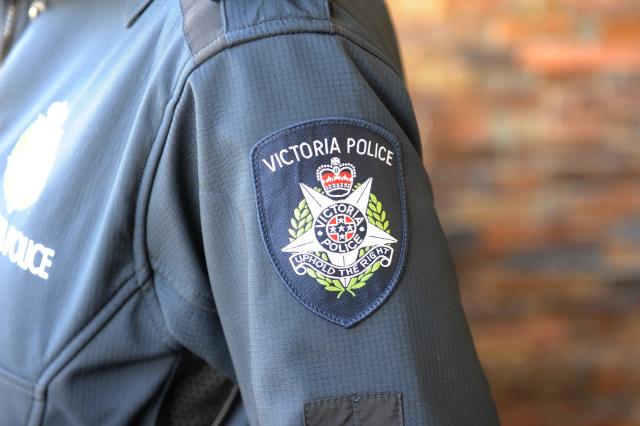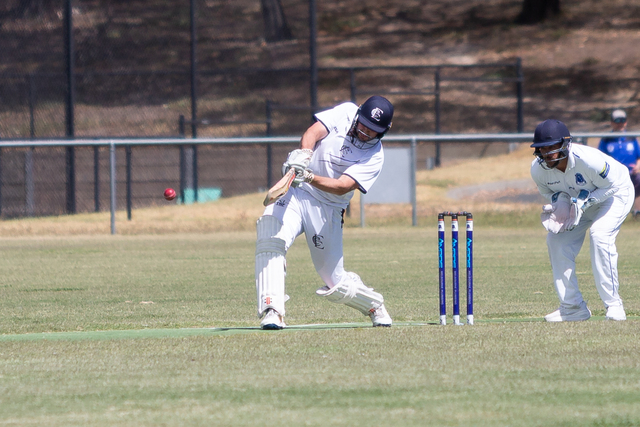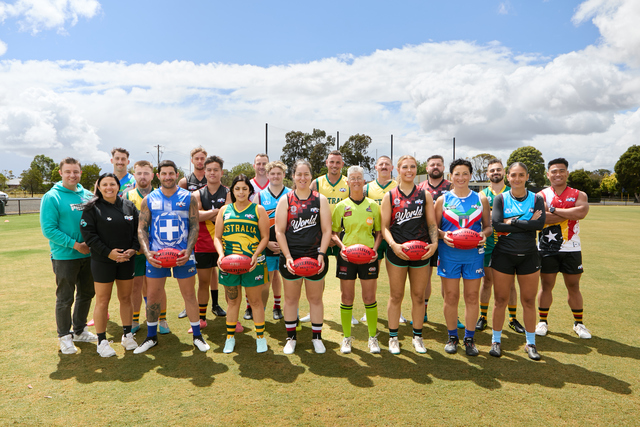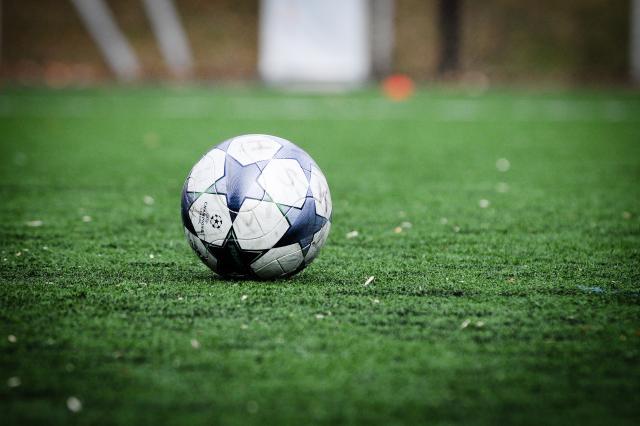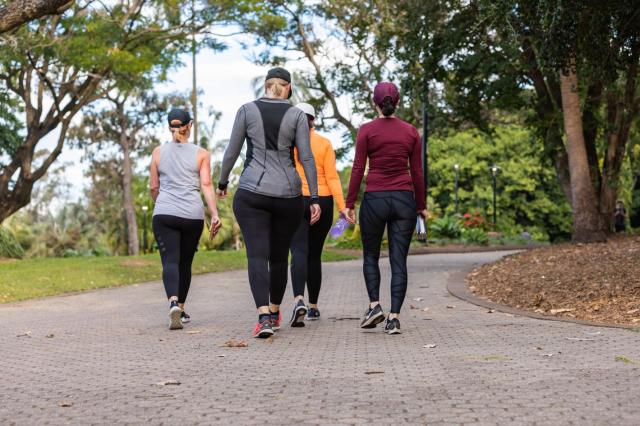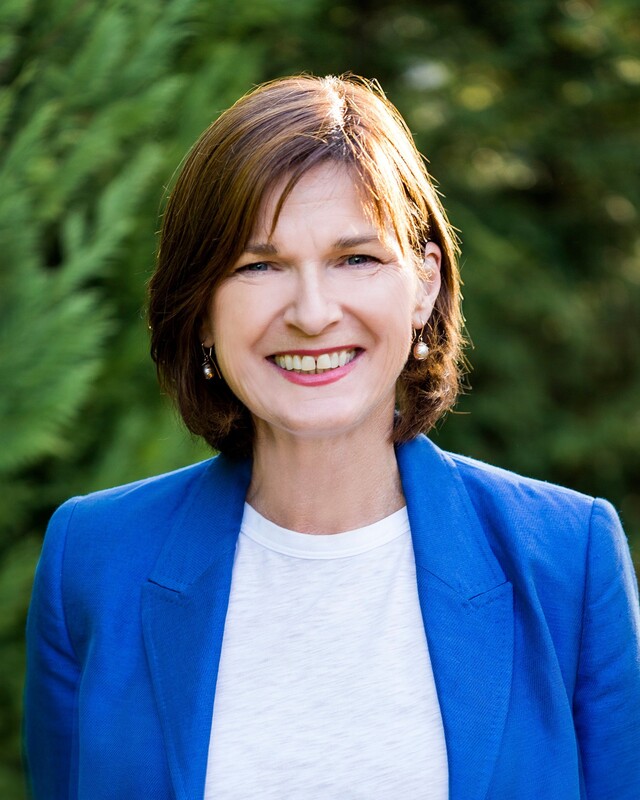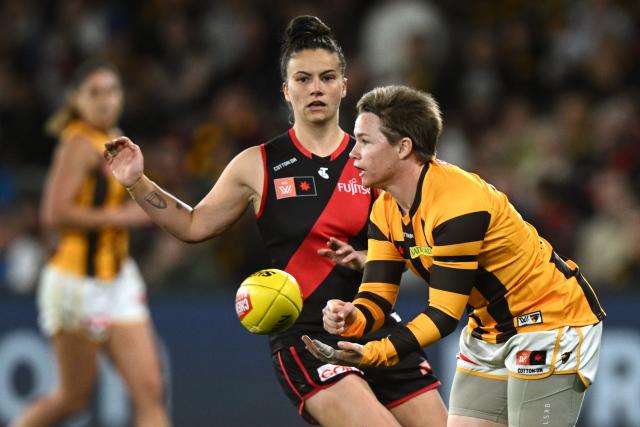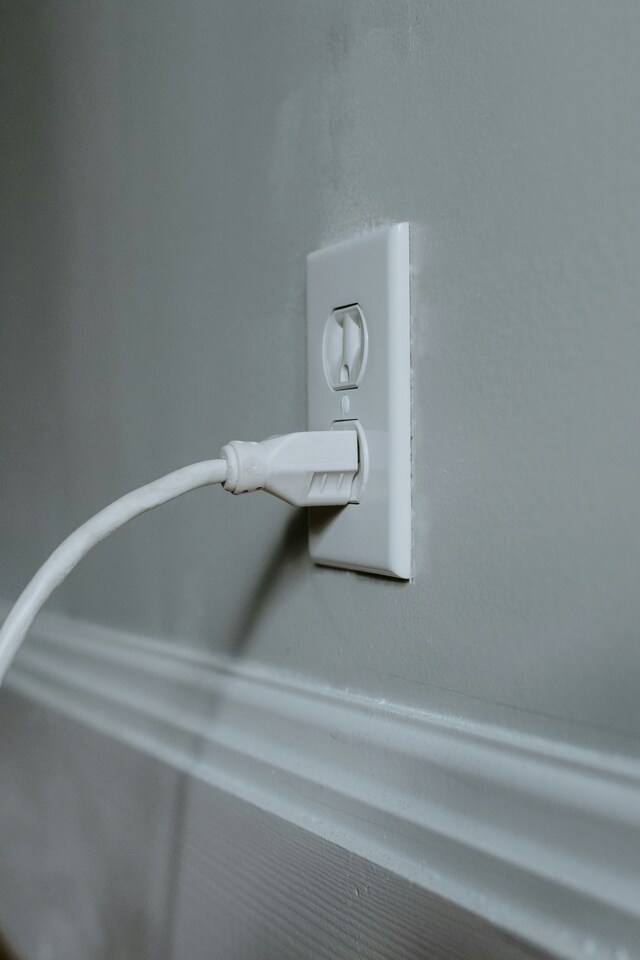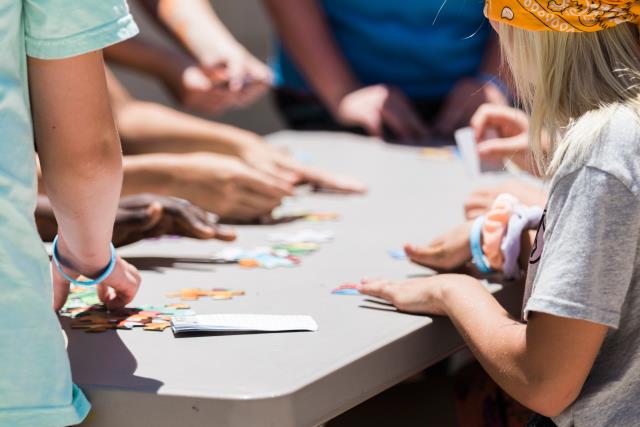The challenges faced by Melburnians living in the city’s outer suburbs will be in the spotlight this week as part of Interface Week.
The week, which runs until October 22, provides the Interface Councils (IFC) – Hume, Whittlesea, Mitchell, Wyndham, Melton, Nillumbik, Yarra Ranges, Casey and Mornington – with opportunities to meet with key state government stakeholders to outline priorities for 2022.
IFC chair and Hume mayor Joseph Haweil said Interface Week was a chance for council to share the challenges they face every day in building stronger communities.
“We remain committed to working with all levels of government, and strongly support a whole-of-government approach,” Cr Haweil said.
“This means none of our communities left behind when and responding to the complex challenges posed by the, pandemic, ongoing anxiety due to concerns such as population growth.
“We know Melbourne’s outer suburbs don’t enjoy the same standard of liveability as other Victorians across a significant number of indicators. Many of the issues have been further highlighted by other reports such as Infrastructure Victoria’s recent 2021-2051 Strategy.”
Infrastructure Victoria’s latest research, Social infrastructure in Melbourne’s growth areas also indicates population growth in many of the interface Council areas is rapidly outstripping demand for vital social
infrastructure such as libraries and aquatic centres.
Cr Haweil said there was a risk of further widening the disadvantage gap between many newer and established suburbs.
“This is an opportunity for governments to work in partnership to ensure the timely delivery of co-located or integrated facilities that meet rapidly growing community needs and support Victoria’s recovery from the COVID-19 pandemic,” he said.
Other issues the IFC seeks to spotlight as part of Interface Week 2021, include mental health, family violence, maternal health, and early childhood.

